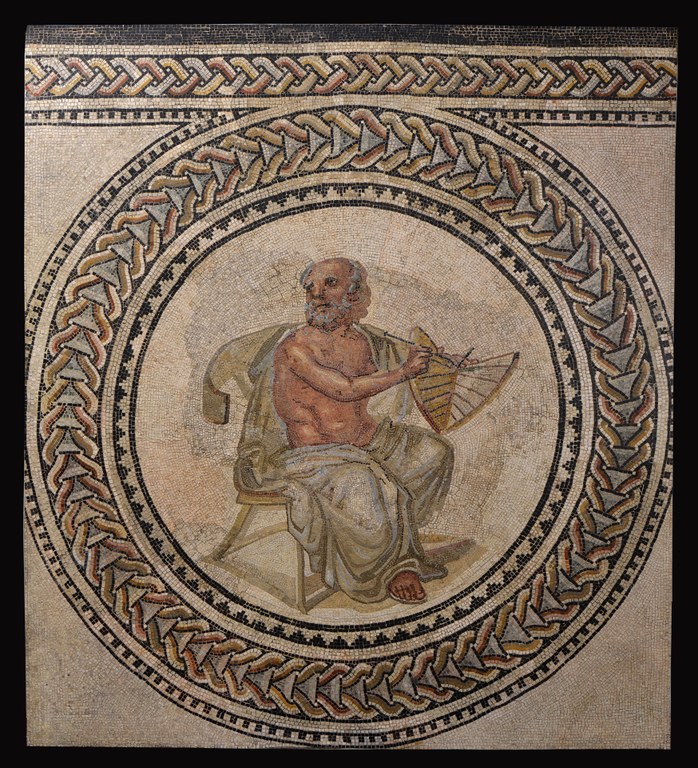Citation rapportée par Simplicius dans son commentaire à la Physique d’Aristote (24, 13).
Anaximandre Citations
Anaximandre: Citations en anglais
As quoted in "Science Attests the Accuracy of the Bible" in The Watchtower (1 October 1980)
On Nature, as quoted by Friedrich Ueberweg, History of Philosophy, from Thales to the Present Time (1885) Vol. 1, p. 35. https://books.google.com/books?id=BW5YAAAAMAAJ&pg=PA35
As quoted in Physics by Aristotle, as translated by John Burnet http://www.classicpersuasion.org/pw/burnet/egp.htm?pleaseget=14
Contexte: There cannot be a single, simple body which is infinite, either, as some hold, one distinct from the elements, which they then derive from it, nor without this qualification. For there are some who make this (i. e. a body distinct from the elements) the infinite, and not air or water, in order that the other things may not be destroyed by their infinity. They are in opposition one to another — air is cold, water moist, and fire hot—and therefore, if any one of them were infinite, the rest would have ceased to be by this time. Accordingly they say that what is infinite is something other than the elements, and from it the elements arise.
